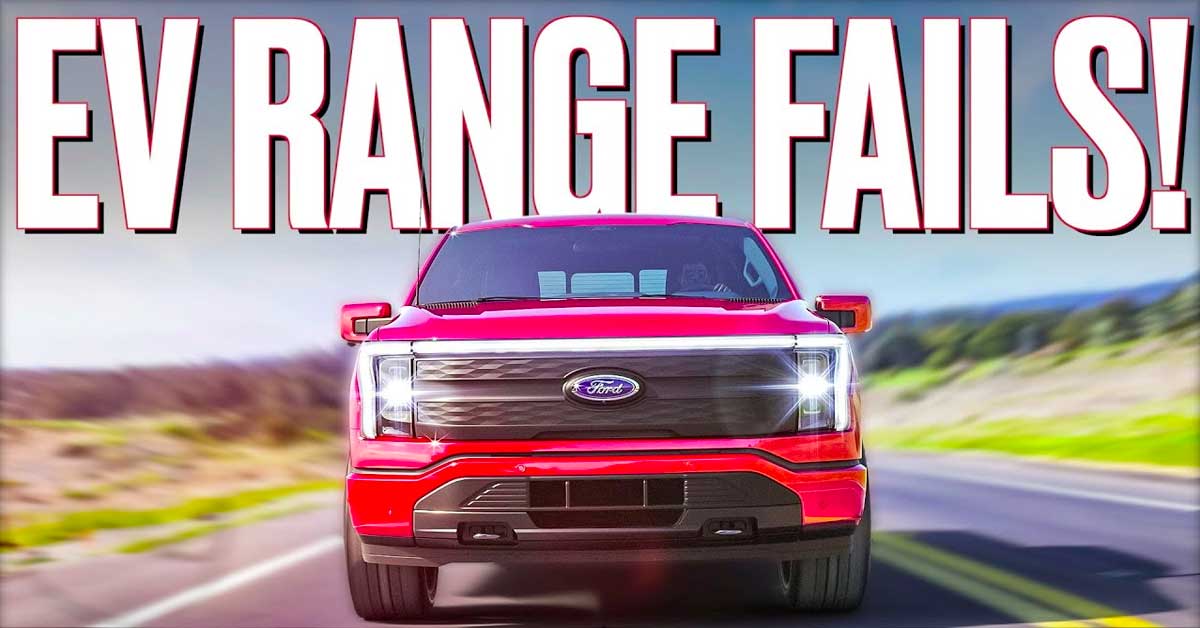These EVs Don’t Meet Their EPA Range… Here’s By How Much!

The rise of electric vehicles (EVs) in recent years has been a significant development, prompting a shift in the automotive landscape.
However, this transformation has not occurred without its fair share of questions and hesitations from consumers. Unlike other technologies that are embraced wholeheartedly, the adoption of electric vehicles seems to be a more thoughtful process, causing potential buyers to carefully analyze and understand the nuances before committing to a significant investment in a new car based on entirely new technology.
As testers and reviewers conduct various assessments of electric vehicles, individuals who initially harbored reservations and sought more data to inform their decisions now see their concerns validated. One of the most pressing concerns related to electric vehicles revolves around their range. Some consumers, despite finding many aspects of electric cars aligning with their accustomed preferences, harbor lingering doubts due to uncertainties about the frequency of battery charging, its overall lifespan, and the reliability factor.
In a comprehensive exploration of these concerns, the team at TFL EV discusses the realism behind apprehensions regarding the range of electric vehicles. Drawing on valuable data from Consumer Reports, which conducted 22 long-term reviews with EVs, the hosts bring to light the justifiability of these concerns. Astonishingly, half of the reviewed electric vehicle models failed to meet the range standards set by the Environmental Protection Agency (EPA).
Within the video, our hosts spill the beans on which cars came up short, which were right on the money, and which offered a bit more bang for the buck than advertised.
At the end of the day, this should stand as an interesting point in automotive history. By many accounts, everything going electric could be a pivotal shift in the way that we drive. However, when we hear about cases like this, it makes us wonder if maybe electric vehicles are nothing more than a fleeting fad.

